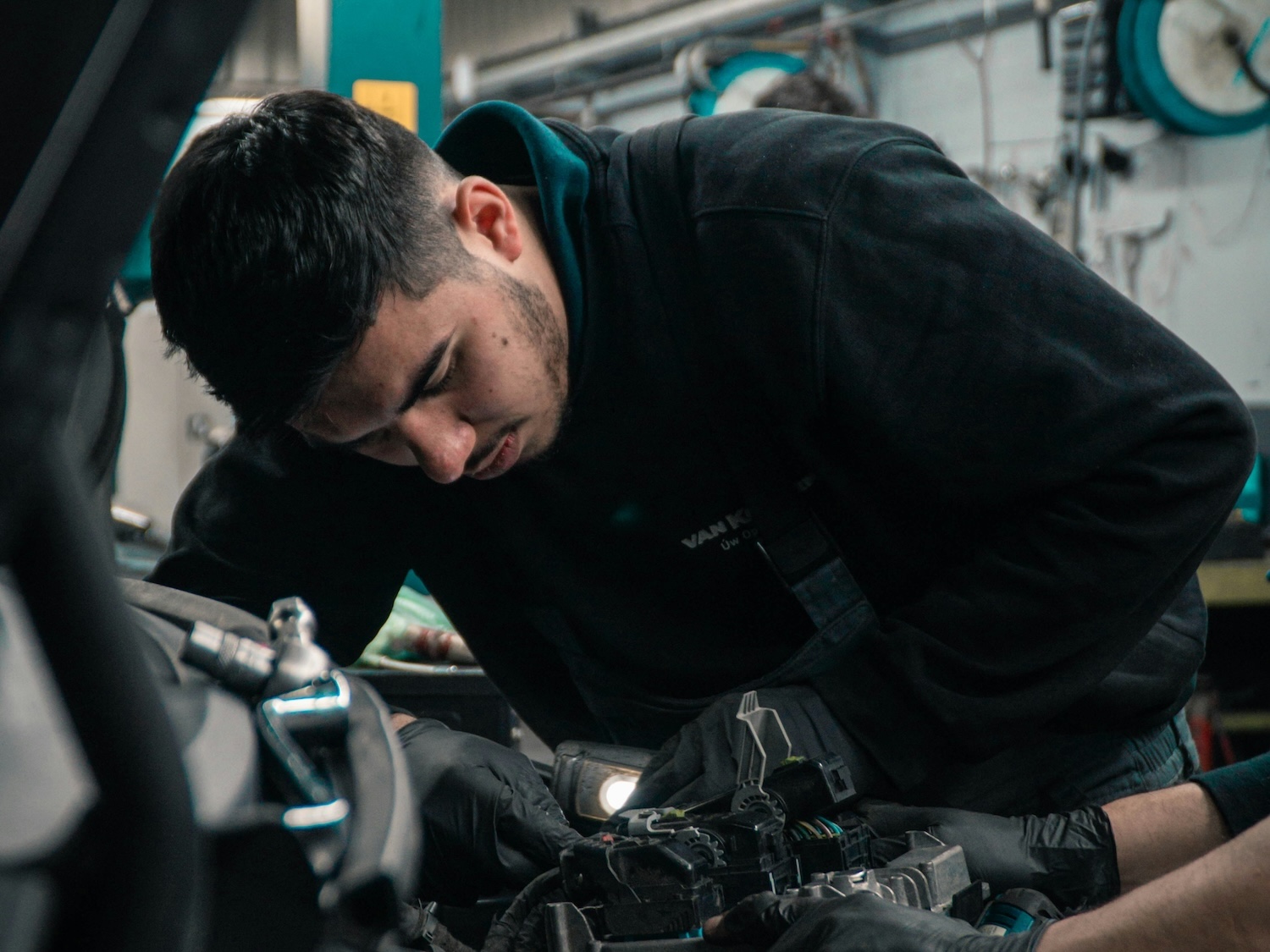By Chris Buttenham
Editor’s note: This article was provided by Chris Buttenham, co-founder of Reins, a technology firm dedicated to empowering small businesses through modern equity solutions, as a possible solution for business owners looking to keep and motivate employees through equity offerings.
The modern auto shop looks completely different from the stereotype of days past, as do the vehicles they service. With the computerization of modern automobiles coupled with the retirement of older workers and the waning interest in the industry in some circles, auto shop owners have to reevaluate their employment offerings to attract and retain a new generation of technicians.
TRENDS IN THE AUTO SHOP INDUSTRY
Some employment hurdles auto shop owners currently face include the retirement of older employees, continued training in an industry full of updates and advances, a perceived lack of interest from young people and low wages. This is hardly unique to this industry, but they do encounter some specific challenges in finding well-trained, dependable employees and keeping them, once hired.
Because new vehicles are more advanced, training is also more rigorous. In addition to getting on-the-job training, many technician positions require some specialized post-secondary education.
Many potential employees inclined to commit to any additional education post-high school are steered toward more “white collar” work environments rather than the technical fields. How can the industry shift to not only attract younger workers, but keep them invested for the long haul?
They can start with a more advanced type of compensation package offering employees a way to build equity with their business and feel more ownership of the part they play in it.
WHAT OFFERING EQUITY IN A BUSINESS MEANS
Offering equity in a business to current or potential employees can take several forms. For a small business without publicly traded stock, like an auto shop, you would offer phantom stock and/or profit-sharing plans.
These equity incentive programs offer owner-like benefits by granting employees a predetermined percentage of your business’ future value, either in stock or direct profit-sharing payments.
The more direct profit-sharing model is a great immediate incentive to employees, who become more aware of the time they invest in their job and the expenses they incur, knowing that the more time and the less money spent results in a higher payment they’ll receive.
However, granting phantom stock instills long-term incentives, as their ownership will increase in value over time, resulting in a payment as an owner if certain triggering events occur. Those events can include sale of the business (more frequent trigger), arrival at an official future date, termination of employment (under certain circumstances) or an annual vesting event.
WHY AN EQUITY SHARING PLAN WORKS
This kind of incentive package offers an image of a more advanced employment opportunity. It can be used to attract potential employees who would be most interested in pursuing a career in the industry.
The promise of being granted a stake in their future employer’s business makes their commitment to training and a career in the auto industry worthwhile.
Traditional benefits, like increased PTO or gym memberships, can be great incentives, but they do not garner dedication from employees. Offering your team an opportunity to put more “skin in the game,” where their loyalty is rewarded by more ownership, is the road to building a skilled, dedicated team who is committed to helping your business thrive.
Chris Buttenham is co-founder of Reins, a pioneering technology firm founded in 2023 dedicated to empowering small businesses through modern equity solutions. Reins’ proprietary solution, the Modern Agreement for Rewards and Equity (MARE) program was built by attorneys and is customizable to meet each business owner’s needs.
